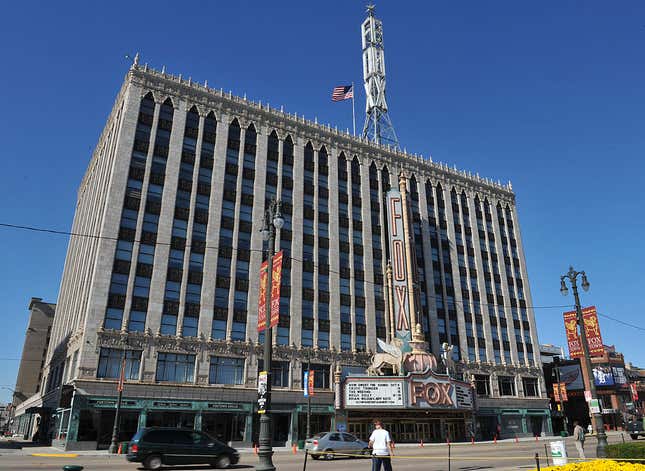
In late June, Transportation Secretary Pete Buttigieg announced a $1 million program named Reconnecting Communities to help Black neighborhoods like Black Bottom and Paradise Valley in Detroit that were segregated by road projects. There was a long-awaited plan to destroy Interstate 375, a depressed freeway in Detroit built by demolishing Black neighborhoods 60 years ago. As ABC News reports, the project will receive $104.6 million in funding thanks to the 2021 bipartisan infrastructure act.
Michigan has been trying to move this along since 2103. The highway removal is estimated to begin as soon as 2025, two years earlier than expected, with construction finished by 2028. The overall $270 million process will transform the interstate in Detroit into a street-level boulevard. This will reconnect surrounding neighborhoods and add amenities like bike lanes, wider sidewalks, and pedestrian crossings. Right now, there are over 50 grassroots efforts all over the country to repurpose highways.
Today, Buttigieg joined Mayor Mike Duggan and Michigan Gov. Gretchen Whitmer and talked about the project’s importance in helping the Black communities of Detroit.
From the Department of Transportation:
Here in Detroit, when I-375 was built in 1964, they literally bulldozed the neighborhoods of Black Bottom and Paradise Valley — displacing so many mostly Black Detroiters.
And now, this freeway — a generation later — serves to divide communities, primarily communities of color and low-income communities, from the central business district and recreational areas and other great assets downtown. And the freeway design is actually contributing to worse congestion and more traffic crashes on roads nearby.
The purpose of transportation is to connect. But we have seen examples in many communities, including here, where an infrastructure decision serves to divide. And we raise this issue not to wallow in it but to challenge ourselves to do something about it. And now we are putting our money where our mouth is.
Many advocates look to this as a first step to writing past racial wrongs and a hope to inspire other states to take action with similar projects. Still, some people are skeptical. Long-time Black residents feel they could be priced out of the city by new business development and new apartment buildings that promise direct links to downtown.
There are also people like the political director of the Michigan National Action Network, Sam Riddle, who feels like steps to build more affordable housing is the way to go.
“They’re not going to right a historical wrong where Black businesses were wiped out,” Riddle said. “What they’re going to do is repeat the same mistake that prices out majority-Black Detroit.”

